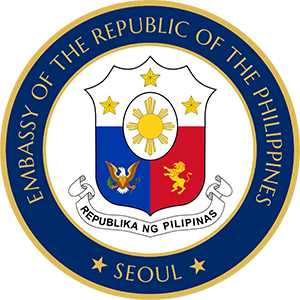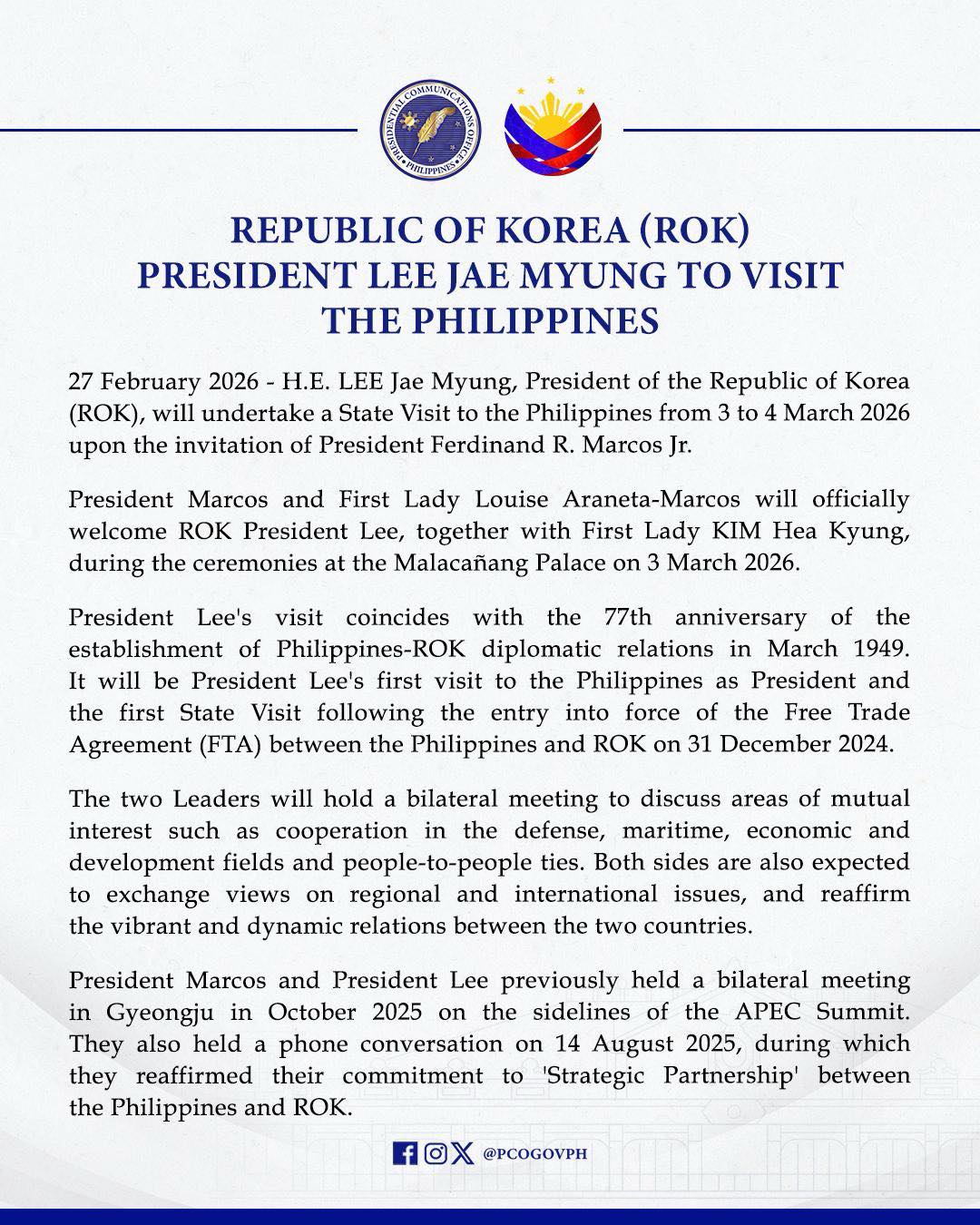ANNOUNCEMENT ON EXECUTING AFFIDAVITS AND OTHER POWERS OF ATTORNEY
The Philippine Embassy would like to remind Filipinos in Seoul and outlying areas that Affidavits and Powers of Attorney notarized by the Philippine Embassy require the personal appearance of the affiant or grantor before the consular officer signs the legal document.
The Philippine Embassy would like to remind Filipinos in Seoul and outlying areas that Affidavits and Powers of Attorney notarized by the Philippine Embassy require the personal appearance of the affiant or grantor before the consular officer signs the legal document.
The affiant of the Affidavit or the grantor of the Power of Attorney is accountable for the contents of issued document and the Embassy assumes no responsibility. However, when using a pro forma or standard legal form, the Embassy requires each applicant to complete the provisions and blank spaces provided in the form including the complete names and addresses of parties before the application is processed by the Embassy. This is important because a power of attorney is your legal permission for a person of legal age to act on your behalf. The permission can be granted for a specific and limited purpose.
Once the Embassy notarizes the Affidavit or Power of Attorney ( General or Special ), the document becomes legal and binding and may be used for or against the executor before a court of law.
This notice was issued to protect the rights of the parties involved in the legal document. The Embassy also requests the public to observe and give respect to the requirements of Philippine Laws and Regulations.
LUIS T. CRUZ
Ambassador
17 April 2008



 February 27, 2026
February 27, 2026
 February 27, 2026
February 27, 2026
 February 25, 2026
February 25, 2026
